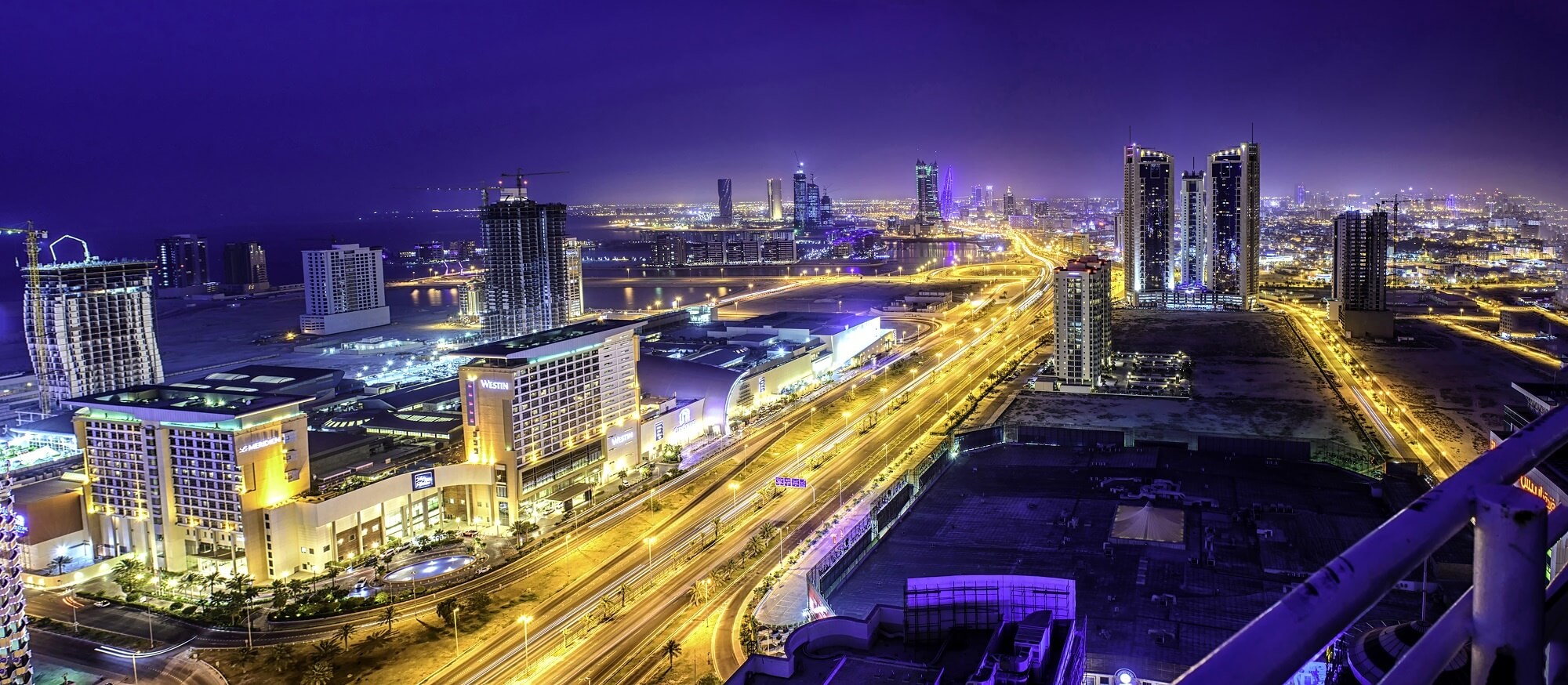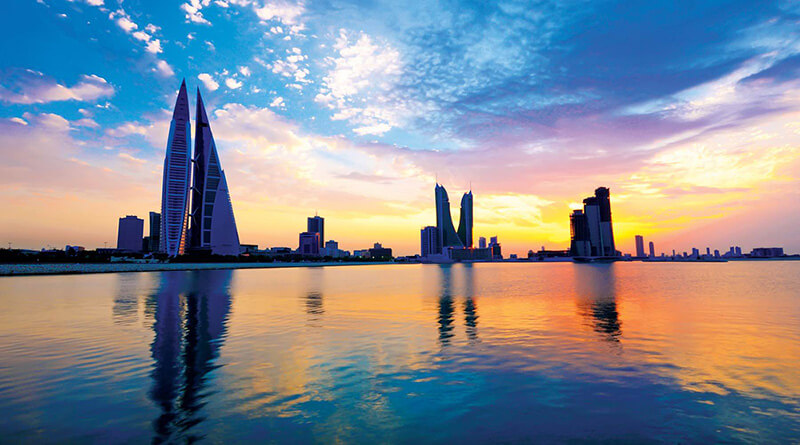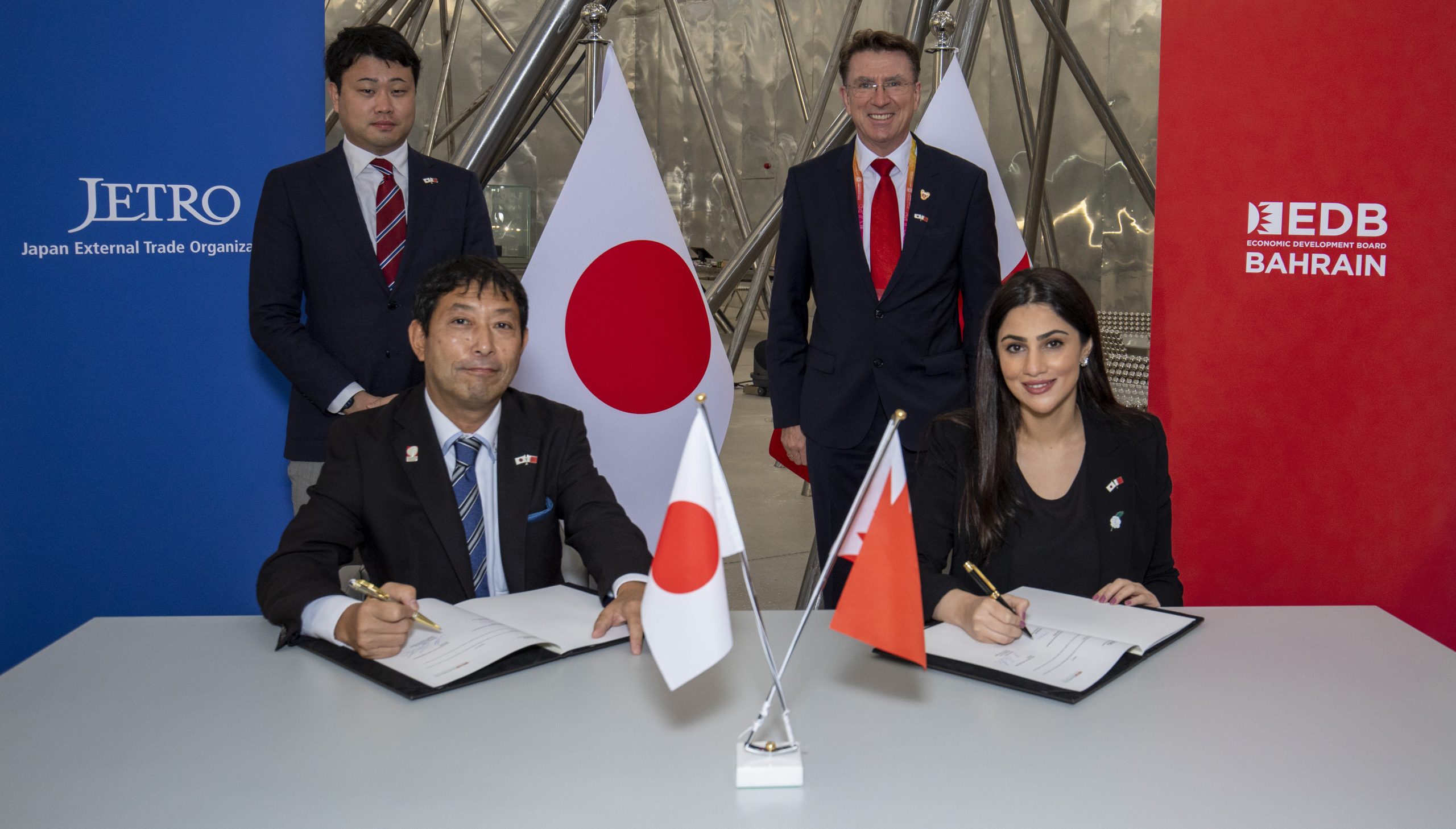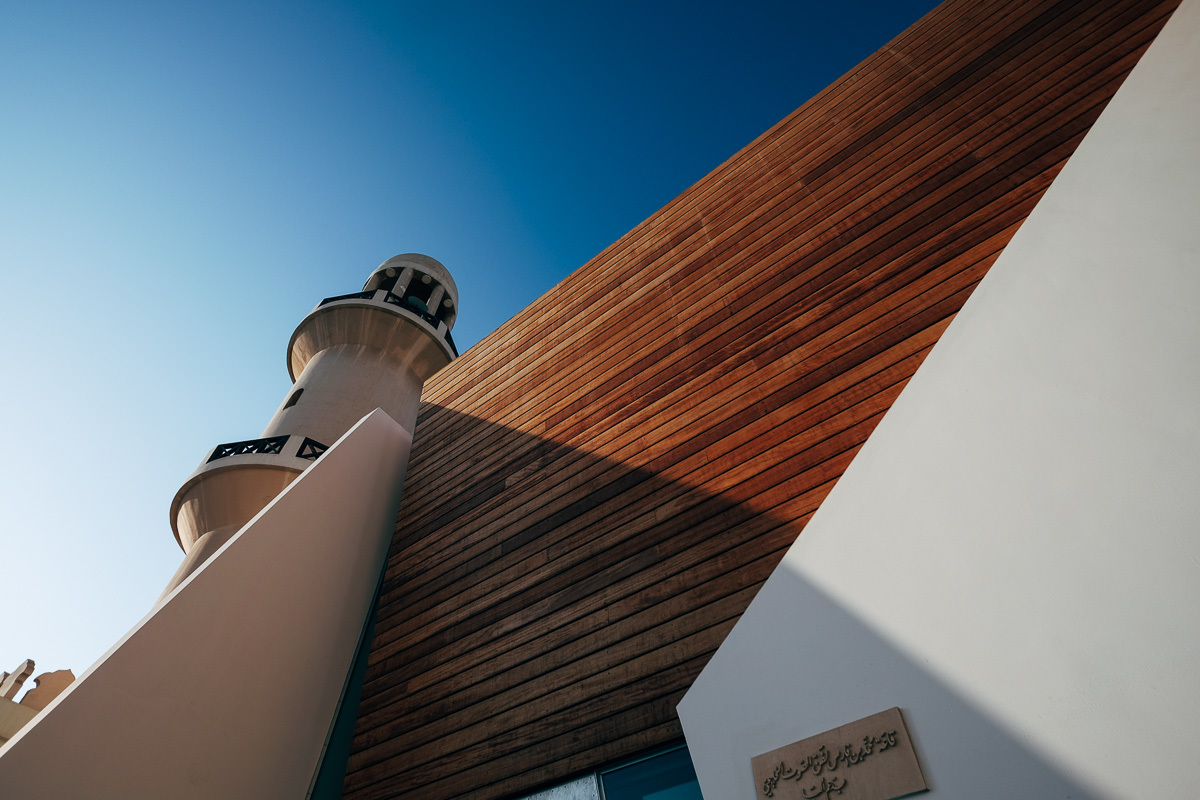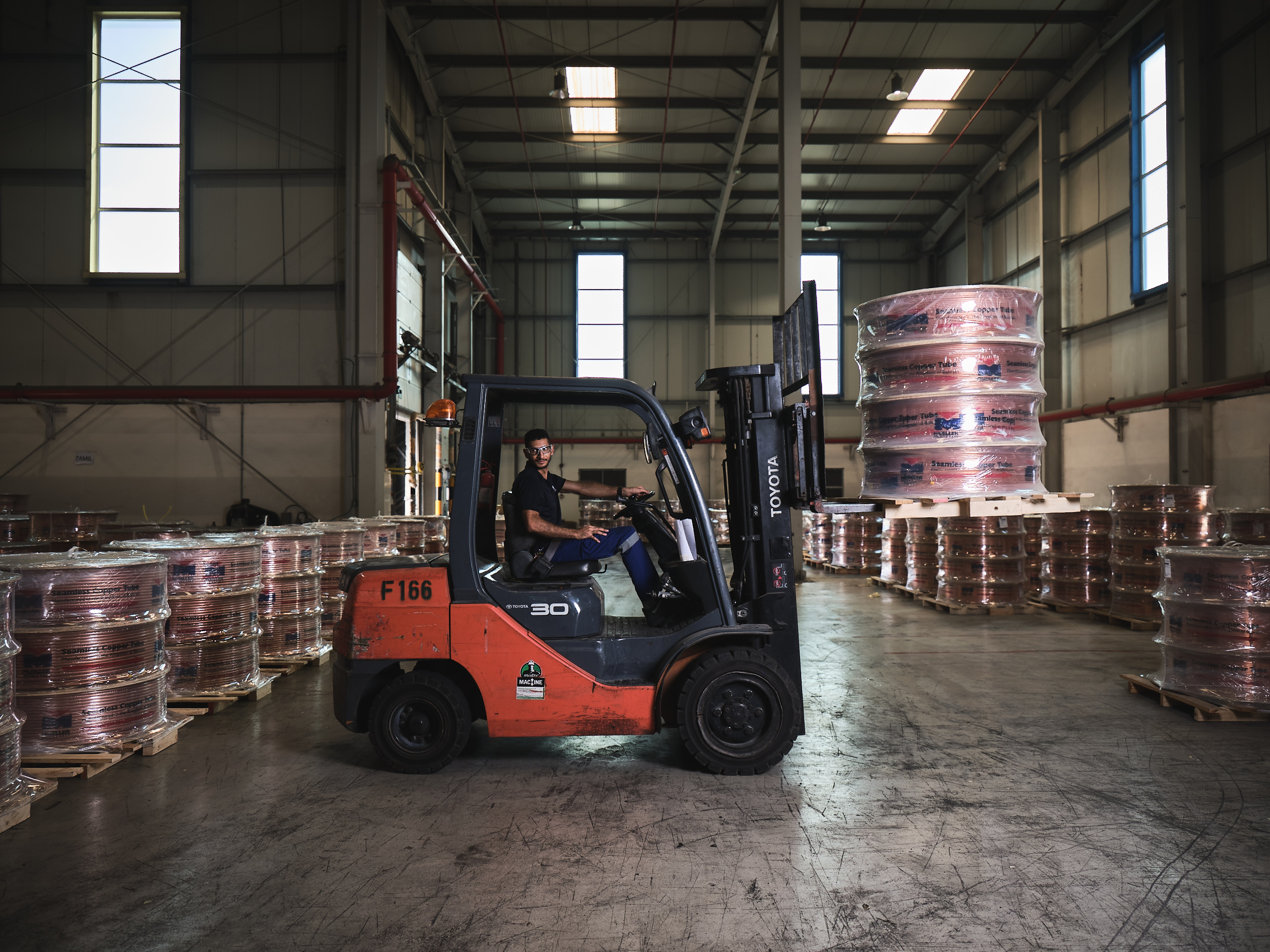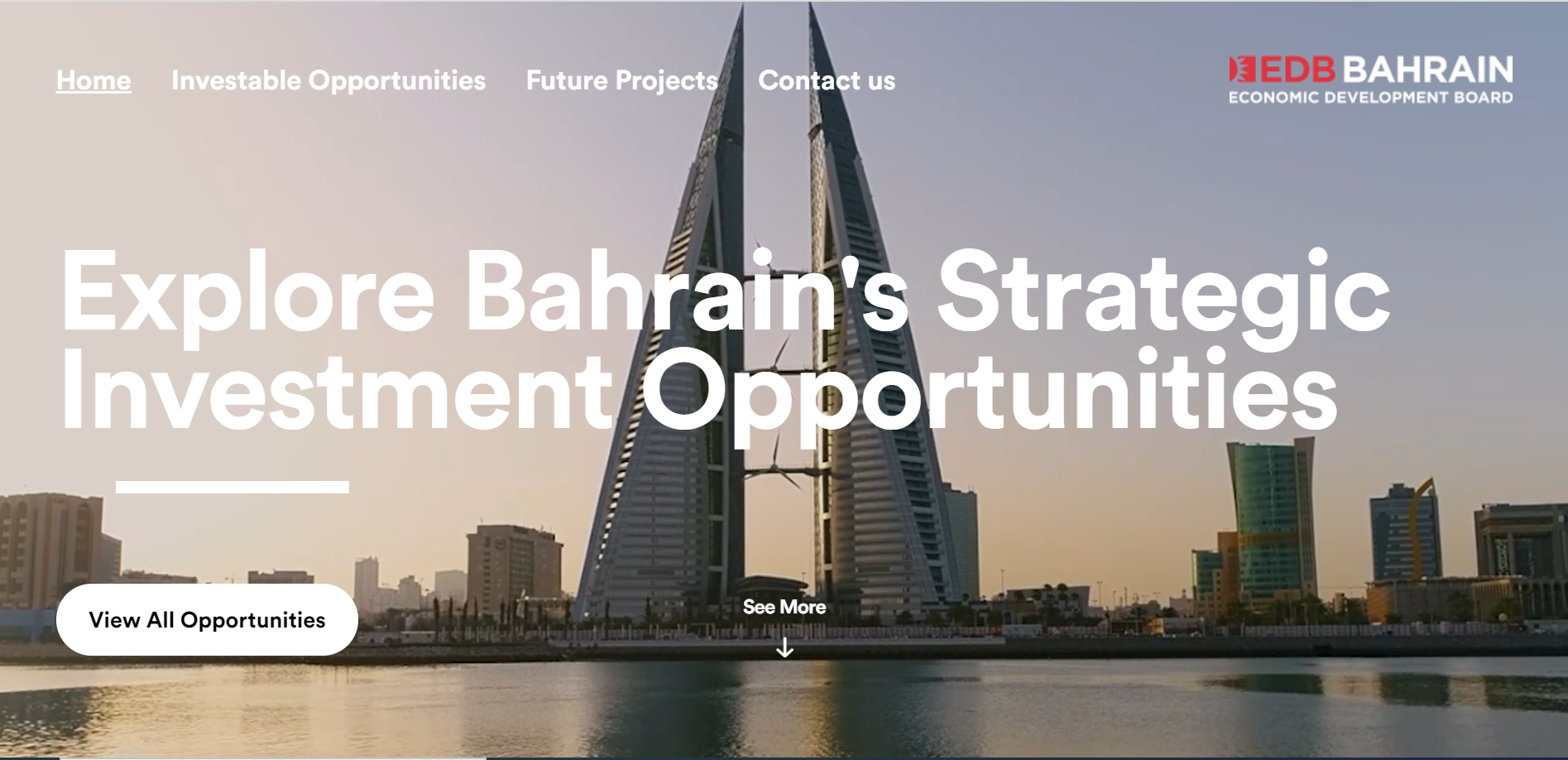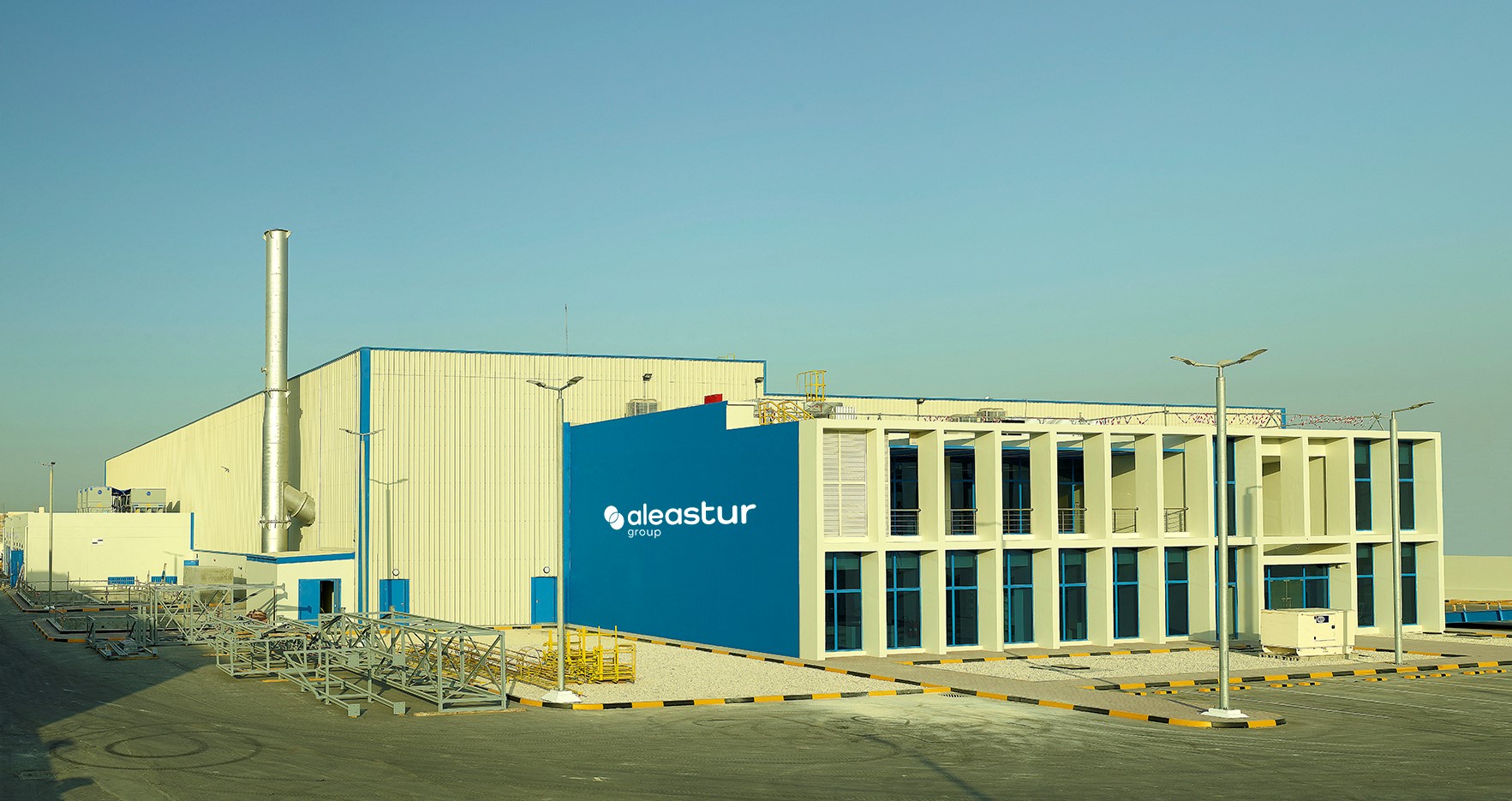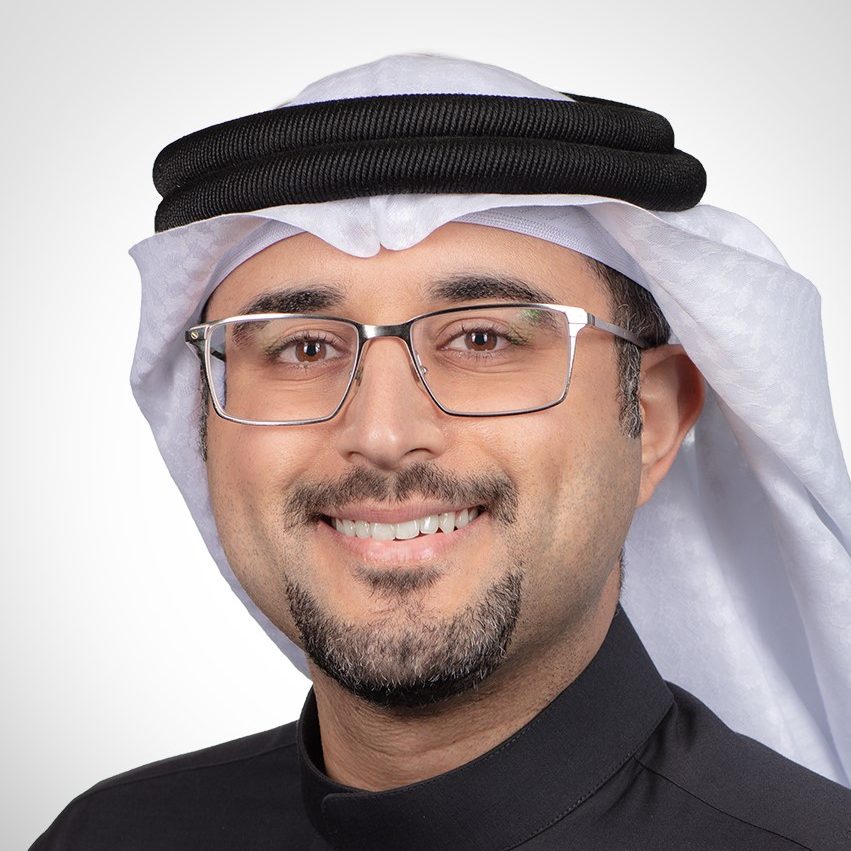- Aleastur’s new $15m hub to serve global markets
- GCC base to shorten lead times and strengthen regional supply chains for aluminium smelters and cast-houses
Aleastur, a major European metal producer announced launching the Gulf Cooperation Council’s (GCC’s) first state-of-the-art aluminium grain refiners and master alloys production hub at its new Middle East base in Bahrain. The hub will be the Spanish firm’s first overseas facility and will produce high quality aluminium alloys to be used for different purposes across various industries.
ALEASTUR’s new $15 million site at the heart of the Gulf region will supply speciality alloys to global markets, including Asia, North America and the GCC. The Bahrain facility will be exporting approximately 85% of its annual production to regional players in the industry, including main aluminium smelters and cast-houses.
ALEASTUR is one of Bahrain Mumtalakat Holding Company (“Mumtalakat”) portfolio companies and is considered one of the top aluminium grain refiner players in the world and is expected to hit revenues in the new facility of nearly $53 million by 2025 as it ramps up foreign exports.
As part of its expansion strategy, the facility In Bahrain, which is designed to be “an ideal” aluminium downstream hub will reduce lead times and strengthen supply chains for the aluminium industry in the region and neighbouring markets as global economies begin to reboot and construction projects resume.
The launch of this facility is a great example of the Kingdom of Bahrain’s recently announced economic recovery plan in action. This supports the mandate to continue attracting investment to the Kingdom, ultimately creating jobs for Bahrainis.
“We hope to establish a solid regional base and establish an access point from Spain not only to cater the GCC but other several regions. The geographical location of Bahrain and easy access to some of the fastest-growing markets here will provide the platform we need to achieve our international growth ambitions.
We’re thrilled to be joining our industry peers in Bahrain and we look forward to tapping into a growing aluminium hub right next door to Alba. In combination with our Spanish facilities, the new site will be particularly well-positioned to export to the South East Asian and Indian markets. In addition to Bahrain’s well-placed geographical location, we will benefit from the highly skilled local workforce, strong logistics infrastructure and best-value operating costs.” said Sergio Martinez CEO of ALEASTUR Group.
ALEASTUR’s new hub is part of a broader plan, in partnership with Mumtalakat, who acquired a significant stake in the company in 2016, to develop the Kingdom’s downstream aluminium sector and strengthen synergies between local manufacturers and key international players.
Commenting on the announcement, HE Khalid Al Rumaihi, CEO of Mumtalakat, said, “As one of our key investments, ALEASTUR’s presence in Bahrain will add significant value to the growing downstream aluminium cluster which will enable them to cater to the growing demand in the region and beyond. We look forward to seeing their operations expand and are excited by the prospects this next phase for ALEASTUR brings.
Bahrain is already known in the Gulf region for its booming aluminium trade. The Kingdom’s national aluminium manufacturer, Alba, is the largest single-site smelter in the world outside of China, producing at full capacity more than 2% of global output. Mid and downstream clusters are fast developing around Alba, feeding off the metal it produces. Aluminium exports made up about 34.2% of Bahrain’s non-oil exports in 2020 and the sector already contributes 11.1% to GDP.
HE Khalid Humaidan, Chief Executive of Bahrain’s Economic Development Board, said, “The decision by Aleastur to build its first international base in Bahrain, is a prime example of the Kingdom’s attractiveness in the manufacturing and logistics sectors which we believe can be summarized by three main attributes. Firstly, our competitive operating costs are likely to be more profitable, secondly, our free trade agreements support businesses. Last but not least, a key decisive element is the highly skilled workforce we have to man those business and keep them successful.” Other aluminium companies operating in Bahrain include BAMCO, GARMCO, Balexco, and Midal Cables. The firms distribute internationally through Bahrain’s FTAs with 22 countries around the world, including the US.




